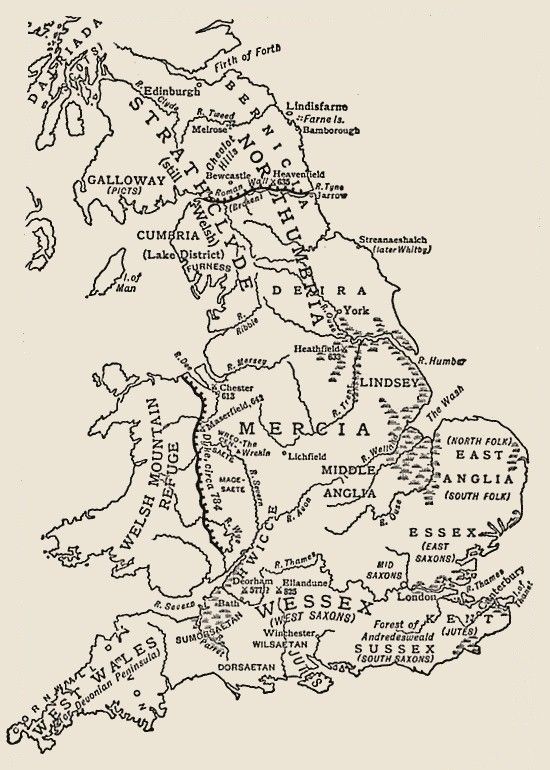Ancient Map Of England

Barnes and noble 1929.
Ancient map of england. The oldest sedimentary rocks and some igneous rocks in isolated hills of granite are in cornwall and devon on the southwestern peninsula ancient volcanic rocks underlie parts of the cumbrian mountains and the most recent alluvial soils cover the fens of cambridgeshire lincolnshire and norfolk. The earliest evidence of human occupation around 900 000 years ago is at happisburgh on the norfolk coast with stone tools and footprints probably made by homo antecessor the oldest. The maps below use historic county borders to map the supposed territories of the celts romans anglo saxons and vikings in the british isles. England physical map.
At the time of the 2009 structural changes to local government in england the ancient counties continue to form with considerably altered boundaries many of the ceremonial and non metropolitan counties in england. Anglo saxon england was early medieval england existing from the 5th to the 11th centuries from the end of roman britain until the norman conquest in 1066. It became part of the short lived north sea empire of cnut the great a personal union between england denmark and norway in the 11th century. This earliest evidence from happisburgh in norfolk includes the oldest human footprints found outside africa and points to dates.
The anglo saxons were the members of germanic speaking. It consisted of various anglo saxon kingdoms until 927 when it was united as the kingdom of england by king æthelstan r. Some ancient counties have their names preserved in multiple contemporary units such as yorkshire in north yorkshire and west yorkshire or now correspond to another type of. The tool lays roman roads over modern maps of cities including bath london and chester.
An interactive map shows where romans occupied british towns nearly 2 000 years ago. The government is also publishing a new online interactive map of england s county boundaries. Several species of humans have intermittently occupied britain for almost a million years. The roman conquest of britain in 43 ad is conventionally regarded as the end of prehistoric britain and the start of recorded history in the island although some historical information is available from before then.
This landscape is based on complex underlying structures that form intricate patterns on england s geologic map. The time from britain s first inhabitation until the last glacial maximum is known as the old stone age or palaeolithic era archaeological evidence indicates that what was to become england was colonised by humans long before the rest of the british isles because of its more hospitable climate between and during the various glacial periods of the distant past.



















